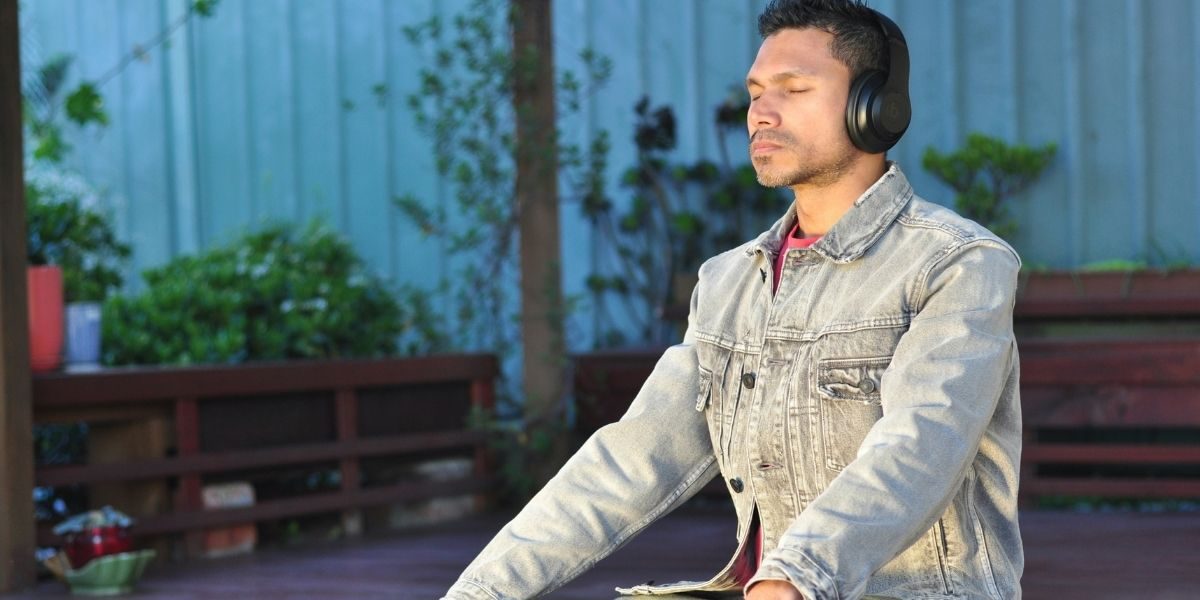In our busy and fast-paced world, it’s easy to feel drained and overwhelmed. Many people go through their days without taking a moment to check in with themselves. Self-reflection is a powerful tool that can help recharge your energy, improve mental clarity, and bring balance to your life. By carving out time to reflect on your thoughts, emotions, and actions, you can gain insight into what truly nourishes your spirit and what depletes your energy.
Read Also: Sustainable Crafting: How Green Enthusiasts Can Make a Difference
Why Is Self-Reflection Important for Recharging Energy?
Self-reflection is the practice of looking inward to understand yourself better. It allows you to assess your current state of mind, emotions, and overall well-being. In times of stress or fatigue, reflecting on your thoughts and actions can provide clarity on what needs to change to restore your energy.
When we take the time to pause and reflect, we create space for self-awareness. This awareness helps us make intentional decisions about how to manage our energy, reduce stress, and avoid burnout. Without regular reflection, we can easily continue down a path of exhaustion without realizing the toll it’s taking on us.
How Can You Begin Practicing Self-Reflection?
Beginning a self-reflection practice doesn’t require complex techniques. It can be as simple as setting aside a few minutes each day to think about your experiences. Here’s how you can get started:
First, find a quiet space where you won’t be distracted. This can be early in the morning, during a lunch break, or right before bed. Sit comfortably, close your eyes, and take a few deep breaths. Focus on your body and mind, and ask yourself questions such as:
- What made me feel energized today?
- What drained my energy today?
- How did I respond to challenges, and how did I feel afterward?
Answering these questions honestly can help you identify patterns in your daily life. You may discover that certain activities or interactions leave you feeling invigorated, while others make you feel tired or stressed. By tracking these reflections over time, you can make conscious adjustments to how you spend your energy.
What Are the Benefits of Self-Reflection?
Practicing self-reflection can lead to several benefits that support your mental and emotional well-being. One of the main benefits is greater self-awareness. By understanding your needs, desires, and boundaries, you can better manage your time and energy. You’ll learn to say no to things that drain you and prioritize activities that nurture your mind and body.
Additionally, self-reflection fosters emotional intelligence, which can improve your relationships and decision-making. By regularly reflecting on your actions and emotions, you can gain a deeper understanding of how your behavior affects others and how to respond with empathy.
How Does Self-Reflection Recharge Your Energy?
Taking time for self-reflection helps to recharge your energy by providing clarity and emotional release. When we reflect on our thoughts and feelings, we create mental space that allows us to process emotions, let go of negativity, and reset our minds. This mental reset reduces feelings of stress and anxiety, making room for positive, energy-boosting thoughts.
For example, reflecting on a challenging situation can help you reframe it in a more constructive light. Instead of ruminating on what went wrong, you can focus on what you learned or how you grew from the experience. This shift in perspective can lighten your emotional load and restore your energy.
What Are Some Effective Techniques for Self-Reflection?
There are various ways to practice self-reflection, and it’s important to find a method that works for you. Here are some effective techniques:
-
Journaling: Writing down your thoughts and feelings is one of the most effective ways to reflect. By journaling regularly, you create a safe space to explore your emotions and gain insights into your experiences.
-
Meditation: Taking a few minutes to meditate can help clear your mind and bring you into the present moment. Focusing on your breath during meditation allows you to reflect without distractions.
-
Mindful Walking: If you prefer movement, consider going for a walk while reflecting on your day. This physical activity can help release tension while providing space for reflection.
These techniques can be incorporated into your routine as a way to recharge your energy and increase mindfulness.
How Often Should You Practice Self-Reflection?
The frequency of self-reflection depends on your personal needs and schedule. Some people find that daily reflection is essential for maintaining their mental and emotional health, while others may prefer to reflect weekly. It’s important to make reflection a consistent habit, whether it’s through daily journaling or a weekly meditation practice.
Even short moments of self-reflection can have a significant impact. The key is consistency. By making time for reflection, you allow yourself the space to reconnect with your inner self and recharge your energy.
Read Also: Exploring the Global Appeal of Small Convenience Stores: Why They’re So Popular
Recharge Your Energy by Embracing Self-Reflection
Incorporating self-reflection into your daily routine can lead to profound benefits for your overall well-being. By understanding your energy patterns and being intentional about how you spend your time, you can recharge your energy and reduce feelings of burnout. As you develop a regular practice of self-reflection, you’ll cultivate a deeper sense of awareness and peace, ultimately leading to a more balanced and fulfilling life.














